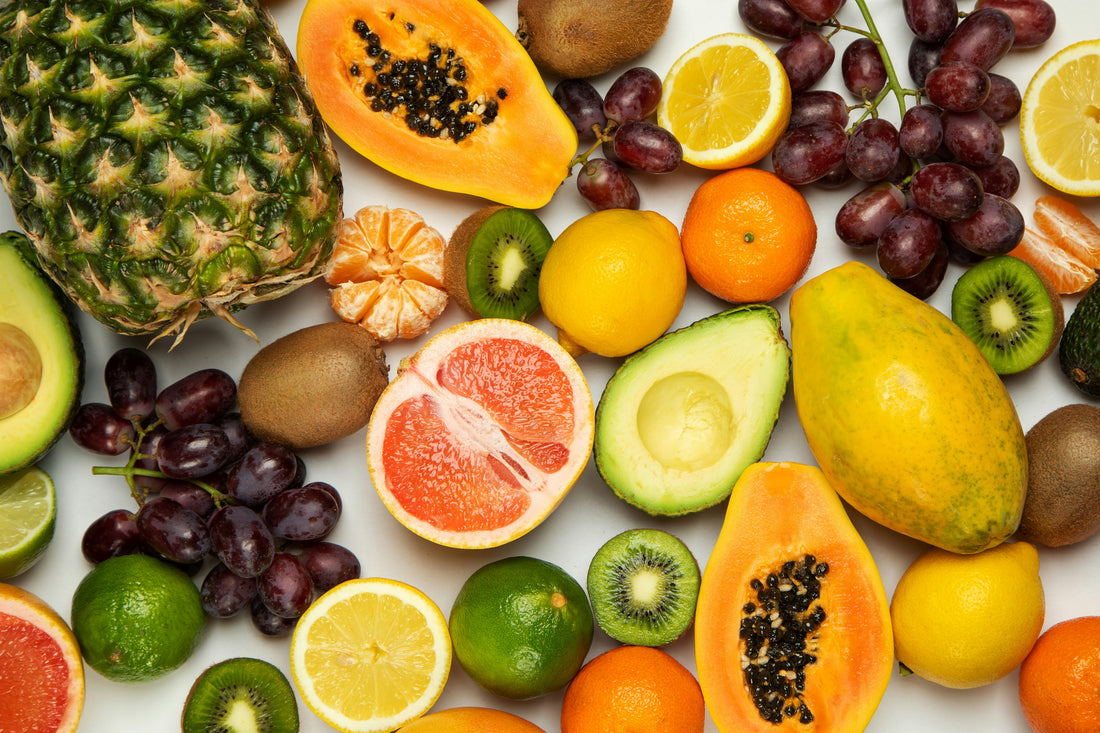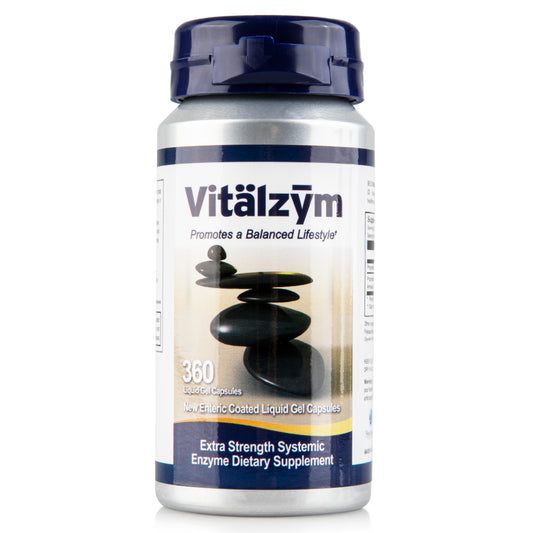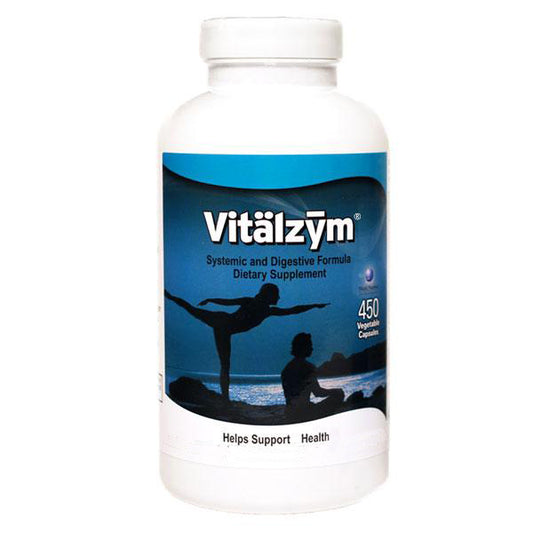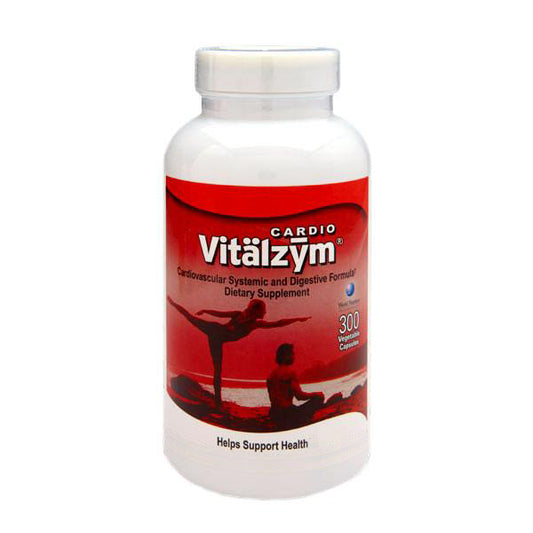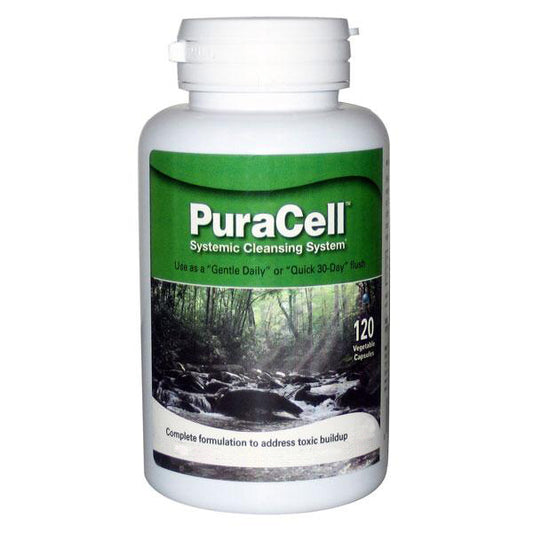Are you tired of dealing with digestive discomfort and looking for natural solutions to improve your digestive health? In this comprehensive guide, we will uncover the secrets of increasing digestive enzymes naturally. By understanding the importance of digestive enzymes and learning how to optimize their production, you can take control of your digestive well-being. From incorporating enzyme-rich foods into your diet to adopting healthy habits that support digestion, we will walk you through a range of effective strategies. Get ready to embark on a journey towards better digestive health and discover the transformative power of natural enzyme enhancement.
The Role of Digestive Enzymes in Your Body
Digestive enzymes play a vital role in your body's digestive process by breaking down the food you eat into smaller, more easily absorbable molecules. These enzymes, produced by various organs such as the pancreas and small intestine, help to break down proteins, carbohydrates, and fats into their individual components. For example, proteases break down proteins into amino acids, amylases break down carbohydrates into simple sugars, and lipases break down fats into fatty acids and glycerol. Without sufficient digestive enzymes, your body may struggle to properly digest and absorb nutrients, leading to digestive discomfort and nutrient deficiencies. Understanding the importance of digestive enzymes is key to maintaining optimal digestive health and overall well-being.
How To Increase Digestive Enzymes Naturally
Incorporating Enzyme-Rich Foods into Your Diet
Including enzyme-rich foods in your healthy diet can naturally boost your digestive enzyme levels. Here are some options to consider:
- Pineapple: This tropical fruit contains bromelain, a mixture of enzymes that aids in protein digestion. Enjoy fresh pineapple as a snack or add it to smoothies and salads.
- Papaya: Papaya contains papain, an enzyme that helps break down proteins. Incorporate ripe papaya into your diet by eating it as a standalone fruit or adding it to fruit salads.
- Kiwi: Kiwi is rich in actinidin, an enzyme that assists in protein digestion. Slice up some kiwi and enjoy it on its own or add it to yogurt or smoothies.
Supplements and Vitamins to Support Digestive Enzymes
In addition to enzyme-rich foods, certain supplements and vitamins can also help increase your body's production of digestive enzymes. Consider the following:
- Digestive Enzyme Supplements: These supplements contain a blend of enzymes such as amylase, protease, and lipase, which can aid in the digestion of carbohydrates, proteins, and fats. Consult with a healthcare professional to determine the right supplement for you.
- Probiotics and Prebiotics: Probiotics are beneficial bacteria that support a healthy gut environment. They can help improve digestion and enhance the production of digestive enzymes. Look for a high-quality probiotic supplement or incorporate probiotic-rich foods like yogurt and sauerkraut into your diet.
- Vitamin B Complex: B vitamins, particularly vitamin B6 and B12, play a crucial role in enzyme production. Ensure you're getting an adequate intake of B vitamins through foods like whole grains, legumes, leafy greens, and lean meats, or consider a B complex supplement.
Lifestyle Changes to Support Digestive Enzyme Production
Certain lifestyle changes can also help increase your body's production of digestive enzymes. Consider the following:
- Manage Stress: Chronic stress can negatively impact your digestion. Engage in stress-reducing activities such as meditation, yoga, or deep breathing exercises to support optimal enzyme production.
- Chew Thoroughly: Taking the time to chew your food thoroughly can aid in the breakdown of nutrients and support the release of digestive enzymes in your saliva.
- Avoid Overeating: Overeating can overwhelm your digestive system and hinder enzyme production. Practice portion control and listen to your body's hunger and fullness cues.
By incorporating enzyme-rich foods into your diet, supplements, and vitamins and making lifestyle changes that support enzyme production, you can naturally increase your digestive enzyme levels and promote better digestion.
Is Ginger Good For Enzymes and Gut Health?
Yes, ginger is beneficial for enzymes and gut health. Ginger contains a compound called gingerol, which has been shown to stimulate the production of digestive enzymes, including amylase, lipase, and protease. These enzymes help break down carbohydrates, fats, and proteins, respectively, aiding in digestion. Additionally, ginger has anti-inflammatory properties that can help reduce inflammation in the gut and alleviate digestive discomfort. It can also promote healthy gut function by reducing symptoms of indigestion, bloating, and nausea. Incorporating ginger into your diet, whether through fresh ginger root, ginger tea, or as a spice in cooking, can support optimal enzyme activity and contribute to a healthier gut.
What Depletes Digestive Enzymes?
There are numerous factors that can deplete digestive enzymes. Here are some common culprits:
- Age: As we age, our body's natural production of digestive enzymes tends to decline, leading to reduced enzyme levels and potential digestive issues.
- Poor Diet: A diet high in processed foods, refined sugars, and unhealthy fats can put a strain on the digestive system and deplete enzyme levels over time.
- Stress: Chronic stress can negatively impact digestion and reduce the production of digestive enzymes. High-stress levels can disrupt the balance of enzymes in the body.
- Medications: Certain medications, such as proton pump inhibitors (PPIs) and antibiotics, can interfere with the production and function of digestive enzymes, leading to imbalances.
- Digestive Disorders: Conditions like pancreatitis, celiac disease, and inflammatory bowel disease can impair the production and release of digestive enzymes, resulting in enzyme depletion.
- Alcohol Consumption: Excessive alcohol consumption can damage the pancreas, which is responsible for producing many digestive enzymes, leading to reduced enzyme levels.
- Digestive Surgery or Removal of Organs: Surgical procedures involving the digestive system, such as gallbladder removal or gastric bypass surgery, can impact the production and release of digestive enzymes.
It's important to be mindful of these factors and take steps to support and replenish digestive enzymes for optimal digestive health.
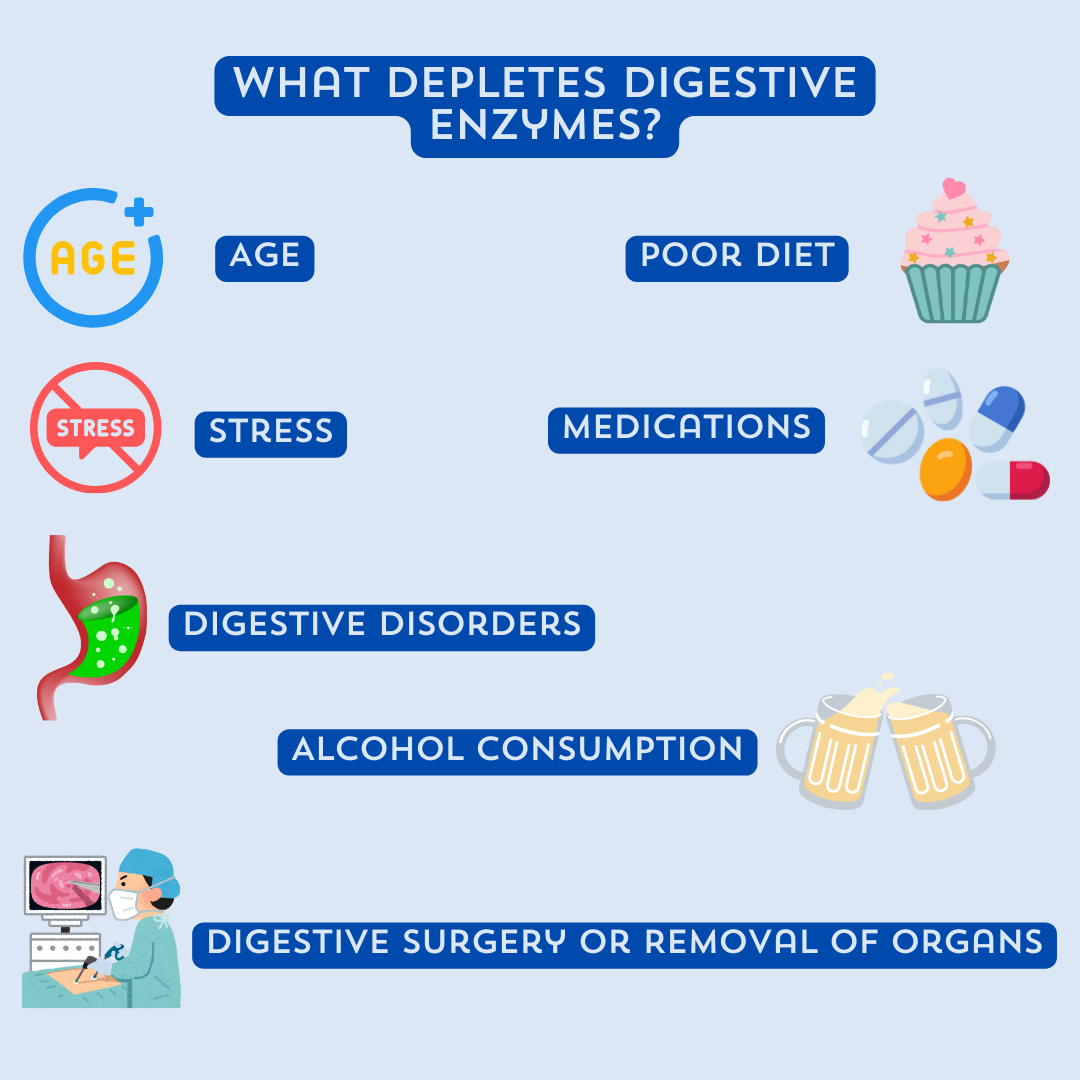
What Is The Best Source Of Digestive Enzymes?
The best source of digestive enzymes is a combination of enzyme-rich foods and high-quality digestive enzyme supplements. Enzyme-rich foods include pineapple, papaya, kiwi, fermented foods like sauerkraut, and sprouted grains and legumes. These foods naturally contain various enzymes that aid in the digestion of proteins, carbohydrates, and fats. Additionally, digestive enzyme supplements can provide a concentrated dose of enzymes to support digestion, especially for individuals with enzyme deficiencies or specific digestive issues. It is recommended to consult with a healthcare professional to determine the most suitable enzyme supplement for your needs. By incorporating both enzyme-rich foods and supplements, you can ensure a sufficient supply of digestive enzymes to support optimal digestion and nutrient absorption.
Conclusion
In conclusion, understanding how to increase digestive enzymes naturally is essential for maintaining optimal digestive health. By incorporating enzyme-rich foods like pineapple, papaya, and kiwi into your diet, you can naturally boost your digestive enzyme levels. Additionally, making lifestyle changes such as managing stress, chewing thoroughly, and avoiding overeating can support the production of digestive enzymes. Supplementing with digestive enzyme supplements and ensuring an adequate intake of vitamins and probiotics can further enhance digestive enzyme activity. By taking these steps, you can promote better digestion, alleviate digestive discomfort, and support overall gut health. Remember, it's always beneficial to consult with a healthcare professional for personalized advice on optimizing your digestive health.
Final Thoughts
Energize your life with Vitalzym Extra Strength. This innovative enzyme supplement from World Nutrition features papain from papaya to enhance enzyme levels, boost immunity, and improve circulation. With key ingredients like serrapeptase and bromelain, Vitalzym promotes a healthier, more vibrant you. Try it today and feel the difference!*
Sources
- https://www.youtube.com/watch?v=a0yGDipKWlo
- https://enzymedica.com/blogs/digest-this/high-enzyme-foods
- https://zoe.com/learn/how-many-times-to-chew-your-food
These statements have not been evaluated by the food and drug administration (FDA). These products are not intended to diagnose, treat, cure, or prevent any disease.
In a recent Federal District Court case involving World Nutrition and AST Enzymes, the Judge found that the serrapeptase in AST products Serracor NK, Excellacor, Serrapeptase and Ultimate Metabolic Formula were only able to retain 27% of its enzyme activity after exposure to the stomach acid and that 73% of the serrapeptase will be degraded by the time it reaches the intestines.

